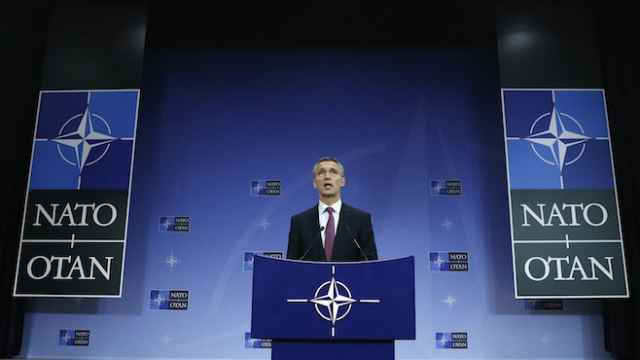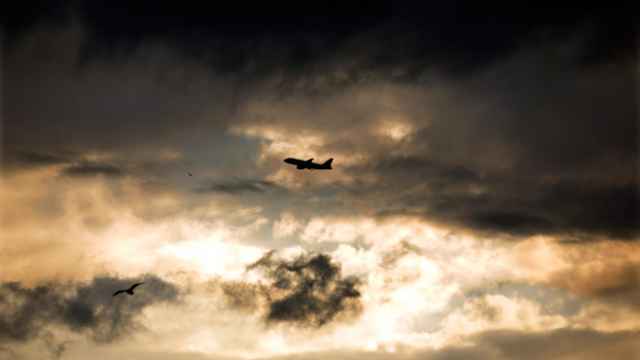Sweden and Denmark protested to Moscow on Monday over a Russian military jet Stockholm said had shut down one of its location instruments and flown too close to a Swedish civilian airliner.
Friday's incident off southern Sweden inflamed sensitivities over Russian flights in the Nordic region that have increased steeply this year, driven in part by tensions over separatism in eastern Ukraine. Finland also expressed concern about "Dark Flights" with so-called transponder locators switched off.
Sweden and Denmark said they had summoned Russian ambassadors over the behavior of the military aircraft, which Swedish authorities said had caused an SAS flight from Copenhagen to the Polish city of Poznan to change course. Russia denied its aircraft had posed any danger to the airliner.
Danish Foreign Minister Martin Lidegaard said on his way into a European Union meeting in Brussels it was "completely unreasonable that civilian lives are put in danger in this way".
Swedish Foreign Minister Margot Wallstrom agreed. "Our protest will be very clear … This is dangerous and definitely inappropriate."
The Swedish military said the Russian jet had turned off its transponder — a communications device, alongside normal radar, making it easier for an airplane to be located.
While civilian flights should fly with their transponders on at all times, military flights are allowed to turn them off when flying over international airspace as long as they show consideration to other flights.
Finland's government instructed air safety authorities and ministry officials on Sunday to contact Russian colleagues, and said it wanted "dark flights" — with transponders turned off — to be discussed at the International Civil Aviation Organization.
"There is no direct defense policy threat against Finland, but looking at the current flight activity above the Baltic Sea, one could say that the situation is … much more tense than in a long, long time," Prime Minister Alexander Stubb said in a radio interview with YLE radio.
The Swedish Air Navigation Services said the Russian plane had been in international airspace. The question of whether it should have had its transponder on would need investigation.
NATO said earlier this month that its aircraft had scrambled more than 400 times this year to intercept Russian aircraft, up 50 percent from the 2013 total.
A Message from The Moscow Times:
Dear readers,
We are facing unprecedented challenges. Russia's Prosecutor General's Office has designated The Moscow Times as an "undesirable" organization, criminalizing our work and putting our staff at risk of prosecution. This follows our earlier unjust labeling as a "foreign agent."
These actions are direct attempts to silence independent journalism in Russia. The authorities claim our work "discredits the decisions of the Russian leadership." We see things differently: we strive to provide accurate, unbiased reporting on Russia.
We, the journalists of The Moscow Times, refuse to be silenced. But to continue our work, we need your help.
Your support, no matter how small, makes a world of difference. If you can, please support us monthly starting from just $2. It's quick to set up, and every contribution makes a significant impact.
By supporting The Moscow Times, you're defending open, independent journalism in the face of repression. Thank you for standing with us.
Remind me later.





